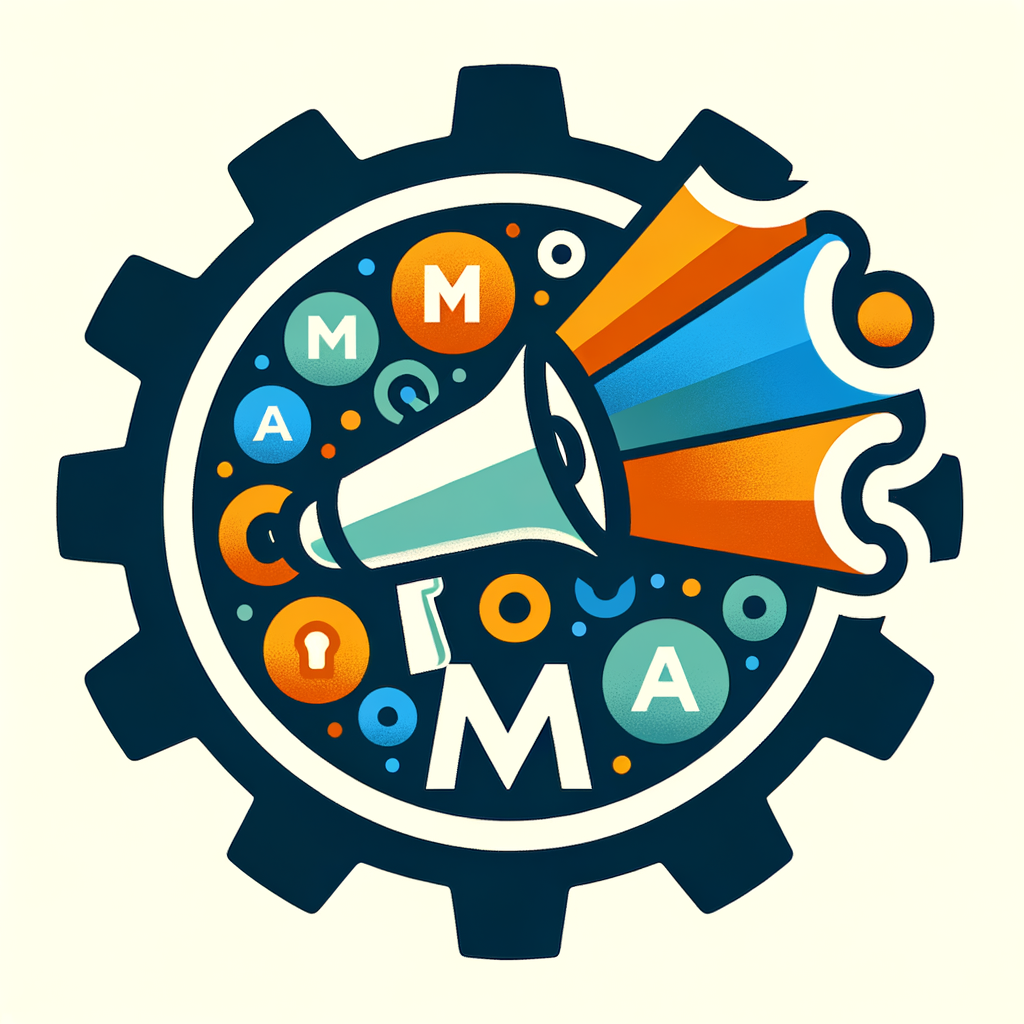What is marketing automation, and why is it crucial for businesses today? Marketing automation refers to the software and technologies designed to streamline and automate various marketing processes, such as lead generation, nurturing, segmentation, and campaign management. In today’s digital landscape, where customers expect personalized and timely interactions, marketing automation has become a game-changer for businesses of all sizes.
Key Takeaways
- Marketing automation helps businesses streamline and automate marketing processes, improving efficiency and ROI.
- It enables personalized and targeted communication with prospects and customers, enhancing engagement and conversion rates.
- Implementing marketing automation requires a well-defined strategy, data integration, and continuous optimization.
- Best practices include setting clear goals, mapping the customer journey, leveraging lead scoring, and measuring and analyzing performance metrics.
Define Your Goals and Strategy
Before implementing marketing automation, it’s crucial to define your goals and develop a comprehensive strategy. Identify the specific objectives you want to achieve, such as increasing lead generation, improving lead nurturing, or boosting customer retention. Align your marketing automation efforts with your overall business goals and ensure they support your broader marketing and sales strategies.
Map the Customer Journey
Understanding your customers’ journey is essential for effective marketing automation. Map out the various touchpoints and interactions your prospects and customers have with your brand, from initial awareness to post-purchase engagement. This will help you identify opportunities for automation and personalization, ensuring that your communication is relevant and timely at each stage of the journey.
Integrate Your Data
Marketing automation relies heavily on data integration. Connect your marketing automation platform with other systems and data sources, such as your CRM, website analytics, and social media platforms. This integration will provide a comprehensive view of your prospects and customers, enabling you to create highly targeted and personalized campaigns.
Leverage Lead Scoring and Nurturing
Lead scoring is a crucial component of marketing automation. Develop a lead scoring system that assigns values to leads based on their behavior, demographics, and engagement levels. This will help you prioritize and nurture leads more effectively, ensuring that your sales team focuses on the most qualified prospects. Additionally, implement lead nurturing campaigns to guide prospects through the buyer’s journey and move them closer to conversion.
Personalize and Segment
One of the key advantages of marketing automation is the ability to personalize and segment your communication. Use the data you’ve collected to create targeted campaigns and messaging tailored to specific audience segments. Personalization can significantly improve engagement, conversion rates, and customer loyalty.
Test, Measure, and Optimize
Marketing automation is an iterative process that requires continuous testing, measurement, and optimization. Regularly analyze your campaign performance metrics, such as open rates, click-through rates, and conversion rates. Use these insights to refine your strategies, messaging, and targeting. A/B testing can also help you identify the most effective approaches and continuously improve your results.
Provide Exceptional Customer Experience
Marketing automation should not be limited to lead generation and nurturing. Extend its capabilities to enhance the overall customer experience. Automate post-purchase communication, such as onboarding processes, product updates, and customer support interactions. This will help you build stronger relationships with your customers and foster long-term loyalty.
Marketing automation is a powerful tool that can significantly enhance your marketing efforts and drive business growth. By following these best practices, you can effectively implement marketing automation, streamline your processes, and deliver personalized and engaging experiences to your prospects and customers. Remember, marketing automation is an ongoing journey that requires continuous optimization and adaptation to evolving customer needs and market trends.
To unlock the full potential of marketing automation and stay ahead of the competition, it’s essential to stay informed, embrace new technologies, and continuously refine your strategies. Explore advanced features, leverage AI and machine learning capabilities, and collaborate with industry experts to ensure your marketing automation efforts remain cutting-edge and effective.

